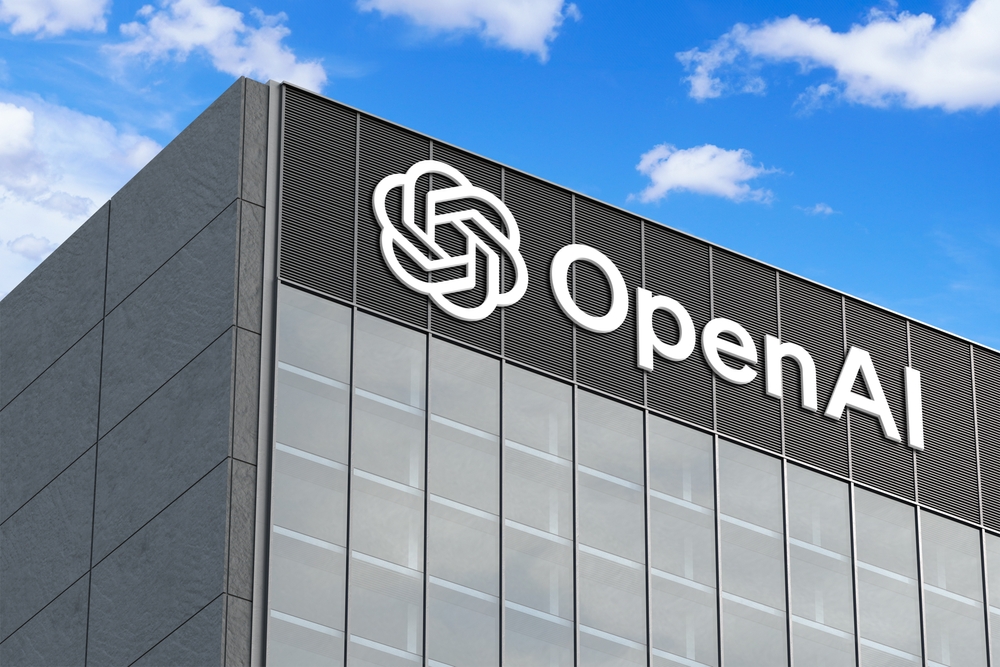
OpenAI has officially rolled out its highly anticipated ChatGPT search engine tool to all users, extending the feature beyond its initial rollout to paid subscribers in October. The update allows users to search the web directly within ChatGPT, providing a more conversational and interactive approach to finding answers compared to traditional search engines.
A Direct Challenge to Google’s Dominance
This new functionality represents a direct challenge to Google, which has been incorporating generative AI-powered results at the top of its search pages. OpenAI’s search tool allows users to ask follow-up questions seamlessly, offering a more fluid and personalized search experience. This marks a significant shift in how people interact with search engines, emphasizing an AI-driven, dialogue-based method for acquiring information.
Enhanced Search and Mobile Experience
In addition to the web search feature, OpenAI announced improvements to the tool’s performance on mobile devices. The search function now mimics traditional search engine behavior, making it faster and more intuitive to use. The company also confirmed the integration of its search tool with the Advanced Voice feature, allowing users to perform searches using only their voice, further enhancing convenience and accessibility.
Expanding Subscription Options
OpenAI has been aggressively expanding its offerings in recent months, with a focus on enhancing ChatGPT and other AI products. This expansion is part of the company’s broader strategy to increase its user base and revenue. Notably, OpenAI launched a premium subscription tier, ChatGPT Pro, earlier this month. Priced at $200 per month, it grants users access to the company’s most advanced models and AI tools.
Despite these innovations, OpenAI faces significant costs related to the computing power required to run its rapidly evolving AI models, a challenge common among AI companies.
For more details, you can read the full article here.

 Get in Touch
Get in Touch 


